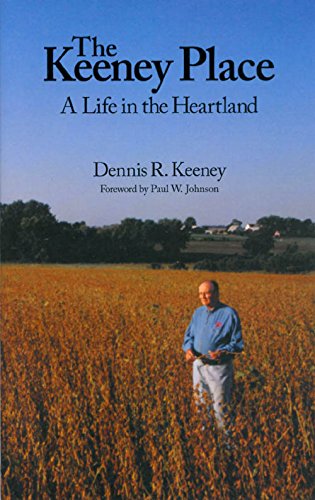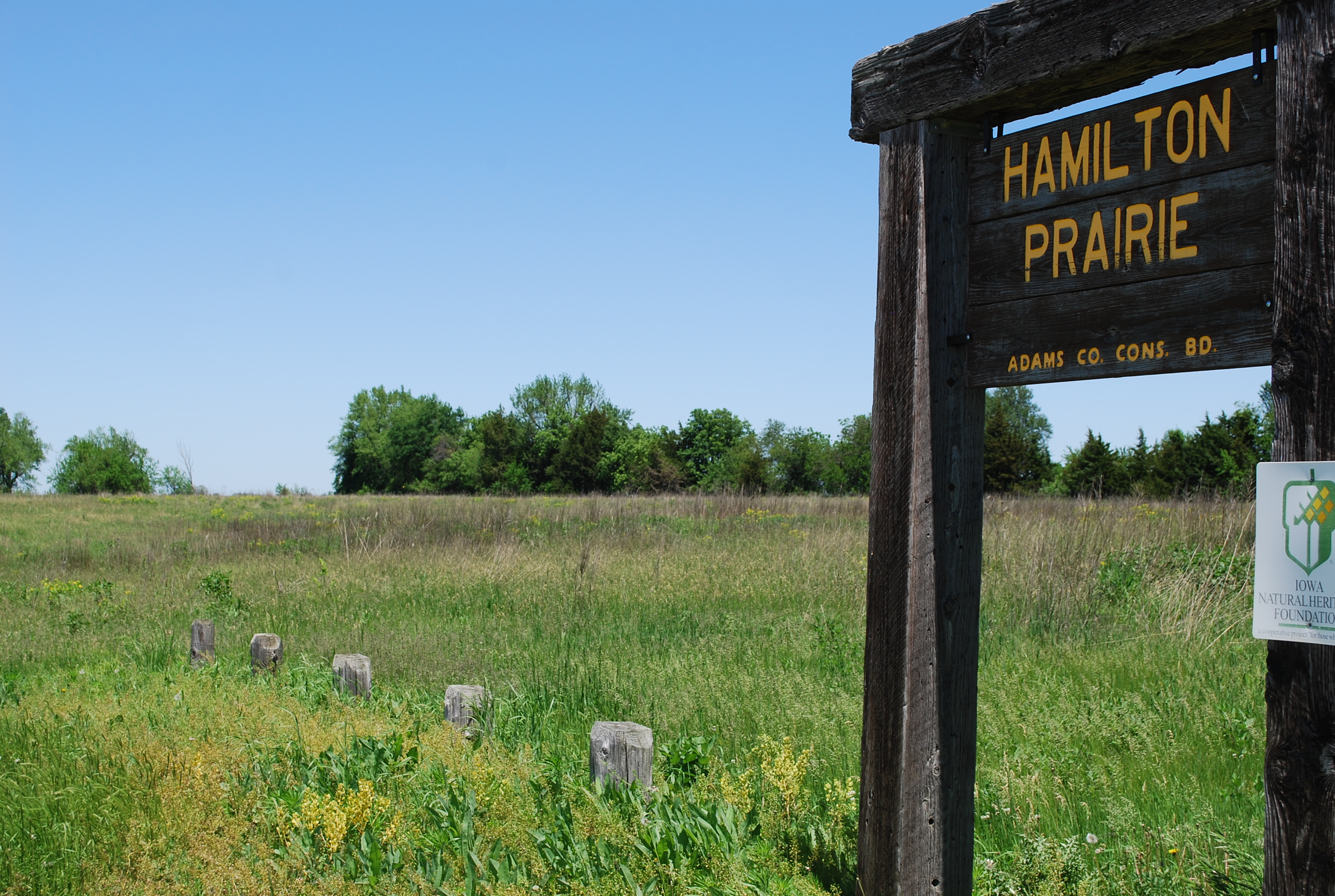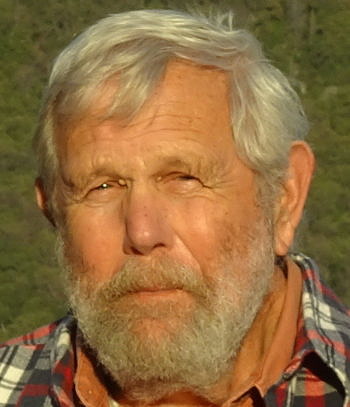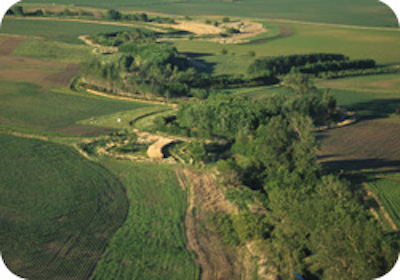I've been somewhat critical of the Culver administration when it comes to environmental issues, but I'm proud of Chet Culver upon reading this release that came to me on the Sierra Club e-mail list:
OFFICE OF THE GOVERNOR
Governor Chet Culver « Lt. Governor Patty Judge
FOR IMMEDIATE RELEASE
June 29, 2007
Contact: Brad Anderson
(515) 281-0173
GOVERNOR CULVER APPOINTS NEW EPC BOARD MEMBER
PAUL JOHNSON NAMED TO THE ENVIRONMENTAL PROTECTION COMMISSION
(Des Moines) Today, Governor Chet Culver appointed Paul Johnson of Decorah to the Environmental Protection Commission. The EPC is a panel of nine citizens who provide policy oversight of Iowa's environmental protection efforts. EPC members are appointed by the Governor and confirmed by vote of the Senate for four year terms.
“Paul is a family farmer who will bring valuable experience to this important Board,” said Governor Culver. As Governor, I am committed to improving water quality and protecting the land, lakes, rivers and streams we all love. I am confident Paul will make a valuable contribution to the EPC’s efforts to protect Iowa’s environment.”
PAUL JOHNSON – Paul Johnson holds a BS (1966) and MS (1969) in Forestry from the University of Michigan and an honorary doctorate from Luther College in Decorah, Iowa. His international experience spans Peace Corps service in Ghana, West Africa (1962-4), forestry teaching in Ghana (1967-68), doctoral research in tropical forest ecology in Costa Rica (1969, 1970, 1971), co-directorship of the Luther College Nottingham Year (1980-81) in Nottingham, England and numerous educational and research visits to countries such as Sweden and the former Soviet Union.
Since 1974, Paul and his family have owned and operated Oneota Slopes Farm near Decorah, Iowa. Their farm has included dairy, corn, soybeans, hay, beef cattle, sheep and Christmas trees.
Paul's distinguished public service career includes three terms in the Iowa State Legislature (1984-1990) during which he co-authored the 1987 Groundwater Protection Act, the 1989 Resource Enhancement and Protection Act (REAP) and the 1990 Iowa Energy Act. In addition, Paul served as Chief of the Soil Conservation Service (now the Natural Resources Conservation Service) at the United States Department of Agriculture from 1993-1997 and as Director of the Iowa Department of Natural Resources from 1999-2000.
Additional service includes two terms on the National Research Council's Board on Agriculture (1988-1993) and participation on numerous foundation boards including the Aldo Leopold Foundation. He has been the recipient of many awards over his years of public service, among them the prestigious Hugh Hammond Bennett Conservation Award from the Soil and Water Conservation Society of America.
Earlier this year Culver appointed four new commissioners to the EPC: Dale Cochran, Ralph Klemme, Charlotte Hubbell and Susan Heathcote. I heard later that one of men would be unable to serve because it turned out that he was not currently farming (at least one, possibly two of the four commissioner positions is reserved for a farmer). I don't know if that was Cochran or Klemme.
In any case, Paul Johnson is an outstanding environmentalist and a good Democrat too (he ran against Latham in the 4th District a few years back).
Continue Reading...





